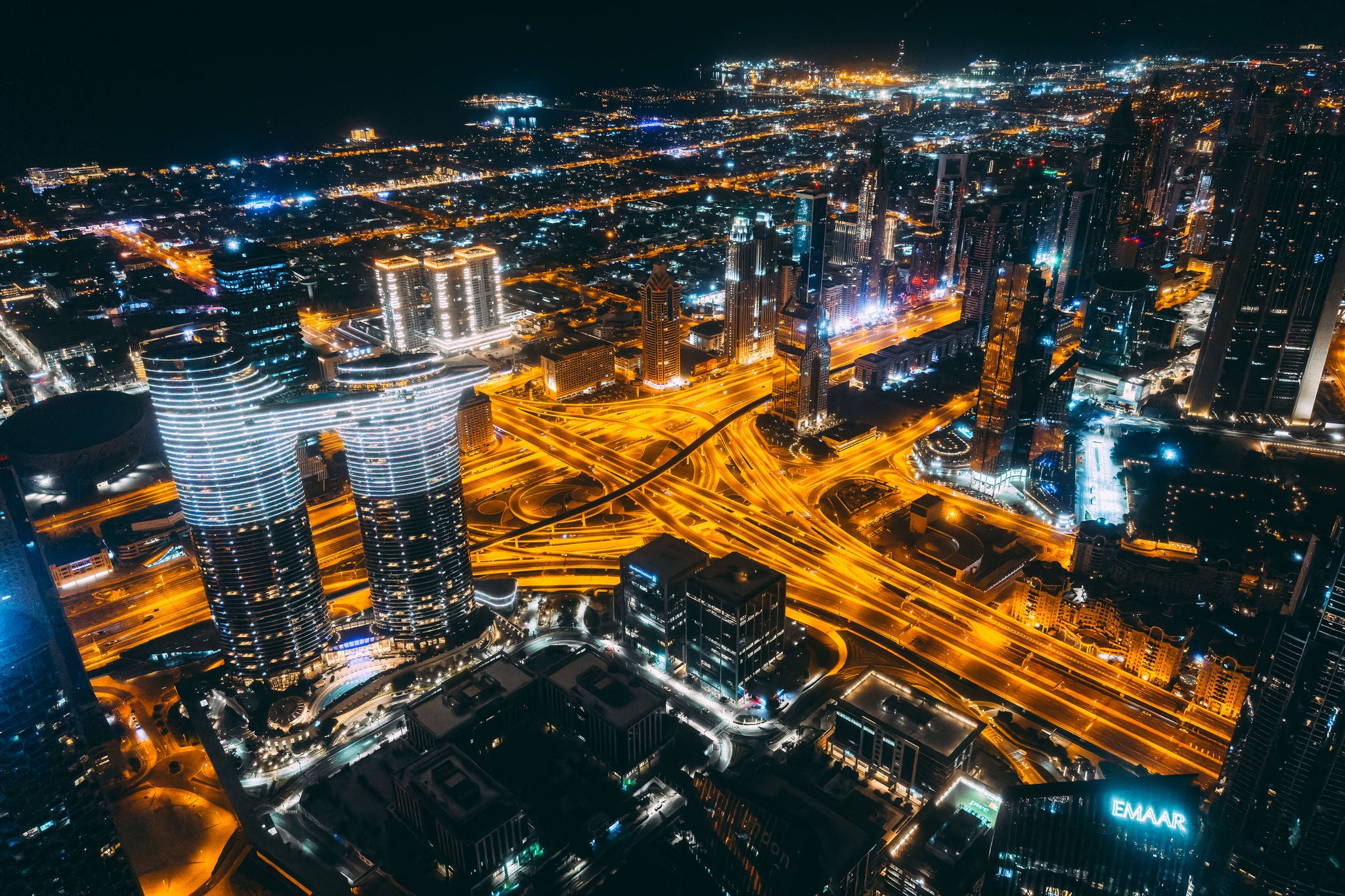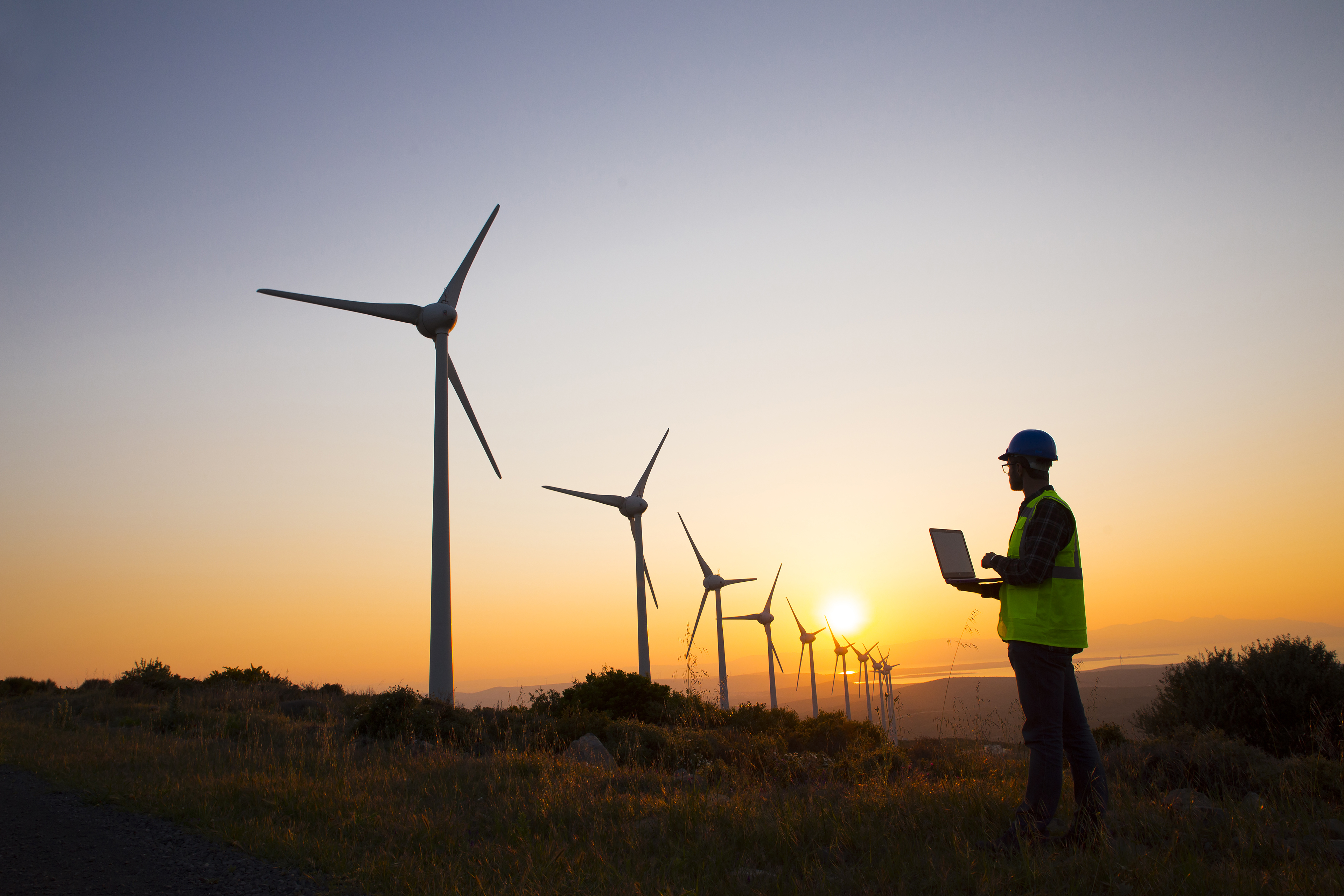EY refers to the global organization, and may refer to one or more, of the member firms of Ernst & Young Global Limited, each of which is a separate legal entity. Ernst & Young Global Limited, a UK company limited by guarantee, does not provide services to clients.

Middle Eastern governments are propelling a renaissance, shifting from hydrocarbons to high-tech, reshaping global influence.
In brief
- Middle East shifts from oil to tech, reshaping global impact.
- Saudi Vision 2030 aims at economic reform, smart cities, empowered workforce.
- Middle East embraces tech, and leads in sustainable innovation.
The Middle East is at a turning point. Once the cradle of civilization and an important entrepot in east-west and west-east trade, the region has gained the confidence to plan ambitious visions that are even now being fulfilled. In a once-in-a-century shift, Saudi Arabia is leading a renaissance and influencing the entire global economic order.
After the UAE’s successful expansion into real estate, tourism and finance in the 1990s, other countries are successfully reforming and attracting capital. Saudi Arabia, especially, is a waking giant with a young population of 35 million and a fifth of the world’s oil reserves. Equity market initial public offerings (IPOs) have surged and international entrepreneurs are moving to the region’s thriving cities.
From Riyadh to Dubai, to Doha and beyond, the Middle East is successfully expanding from its roots in hydrocarbons into culture, tourism, sports, entertainment, technology and finance. Like other success stories throughout history, it’s also becoming a cultural leader, building some of the most striking examples of 21st-century architecture.
A new sense of confidence, pride and momentum signifies the beginning of a new era. As it implements reforms, the region is revitalizing its economies and societies. It is also setting an example to the world, gaining soft power and the authority to play a part in shaping the future.
Government for good
The architects of the region’s new era are its governments; their actions have galvanized the economy and inspired society. They are masters of the mission-oriented approach to economic accomplishment, coordinating the public and private sectors at a massive scale to radically change the mechanisms that create value.
Take Saudi Arabia’s Vision 2030. Since its inception in 2016, it has made remarkable progress. To name just a few achievements: construction of vast smart cities is underway; non-oil revenues are rising; tourist numbers have increased; and women are joining the workforce at an unprecedented rate.
But, since the COVID-19 pandemic, when governments in the region acted to protect and serve all their people, there’s also an empowering new sense of purpose, unity and inspired change.
Cloud capital’s promise
As visionary policymakers, Middle Eastern governments such as Saudi Arabia and the UAE understand the power of the digital economy and are harnessing its potential for creative disruption and long-term sustainable impact. Coined by Greece’s former finance minister, Yanis Varoufakis, the term “cloud capital” summarizes the shift that is taking place in the modern economy, describing the move from producing physical goods to engineering virtual value through technology. For instance, much of the value in electric vehicles (EVs) lies in artificial intelligence (AI) and software, while renewable energy devices similarly depend on smart networks.
In this new world, with technology at the center of everything, Middle Eastern governments are investing heavily into this. Unencumbered by legacy assets, they can get ahead of old-world analog economies, which are hampered by a need to repurpose existing factories and realign workforces.
Energy reimagined
Turning to oil and gas, the Middle East has a challenge to maintain its global influence over energy at a time when the sector is transitioning to renewables. The region’s governments and big companies accept that they have a responsibility to cut emissions and other forms of pollution. In fact, they are embracing the situation and aiming to lead the race to zero carbon, as they leverage natural wealth in renewable energy to become clean hydrogen powerhouses.
Led by its visionary governments, who are rethinking, repairing and reconfiguring their economies and societies, the Middle East is becoming a changemaker during a hinge point in history. Several thousand years ago, the region gave birth to the earliest civilizations, credited with the invention of writing, astronomy and mathematics, as well as centralized governments. Today, the Middle East is once again taking control of its own destiny.
What was once labeled an emerging market is re-emerging as a global power influencing the rest of the world.
Related articles
How MENA countries are adapting to and mitigating climate change
EY MENA has developed the CCRI to track responses to climate change in Egypt, Jordan and the six members of the GCC, both now and in the future.
How technology can extract a sustainable future for energy companies in MENA
As the energy industry goes through unprecedented change, EY MENA (Dubai) and Microsoft analyze where to strengthen business today and move toward a sustainable future.
Why sustainability is an opportunity for better growth in MENA
Sustainability strategies set to gain momentum in the MENA region as businesses reassess their priorities
Summary
The Middle East is undergoing a significant transformation, with countries like Saudi Arabia and the UAE leading the shift from oil-dependent economies to tech-driven hubs. Embracing technology's potential, the region aims to become a global leader in the digital economy. Despite challenges in energy transition, Middle Eastern governments are committed to reducing emissions and embracing renewable energy. This visionary approach is shaping the region's economic, societal, and cultural renaissance, re-emerging as a global influencer after centuries of historical significance.






